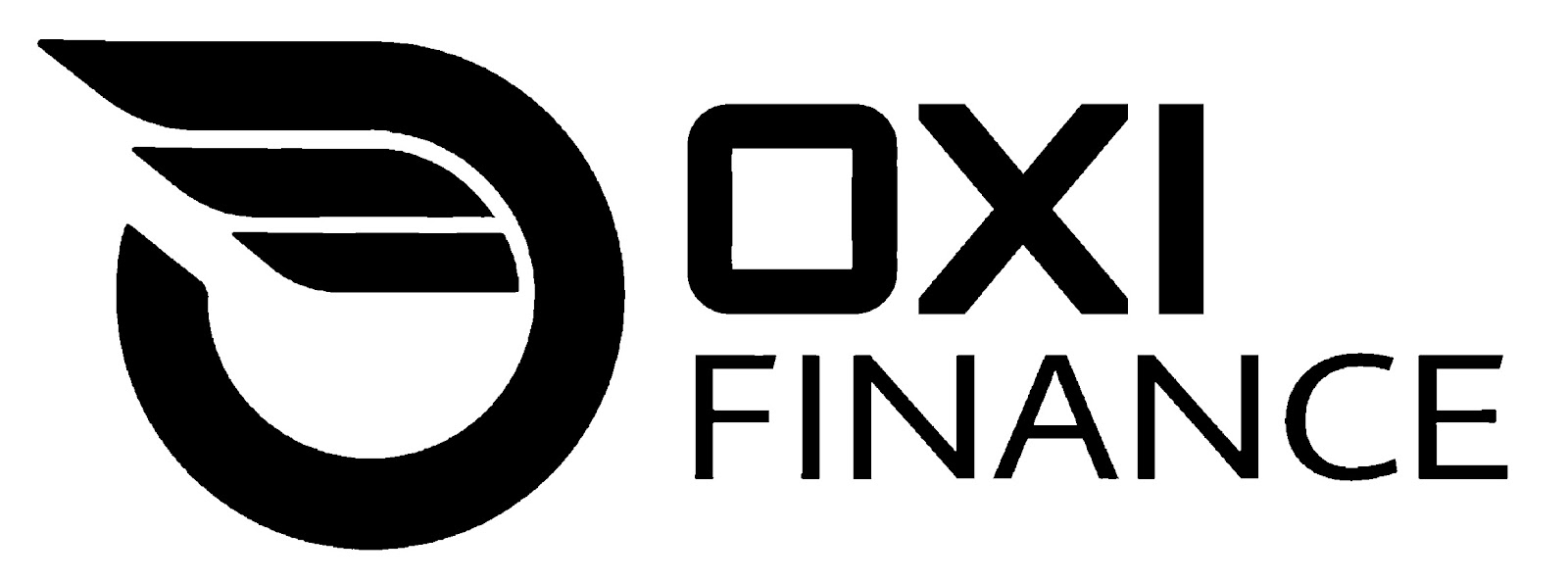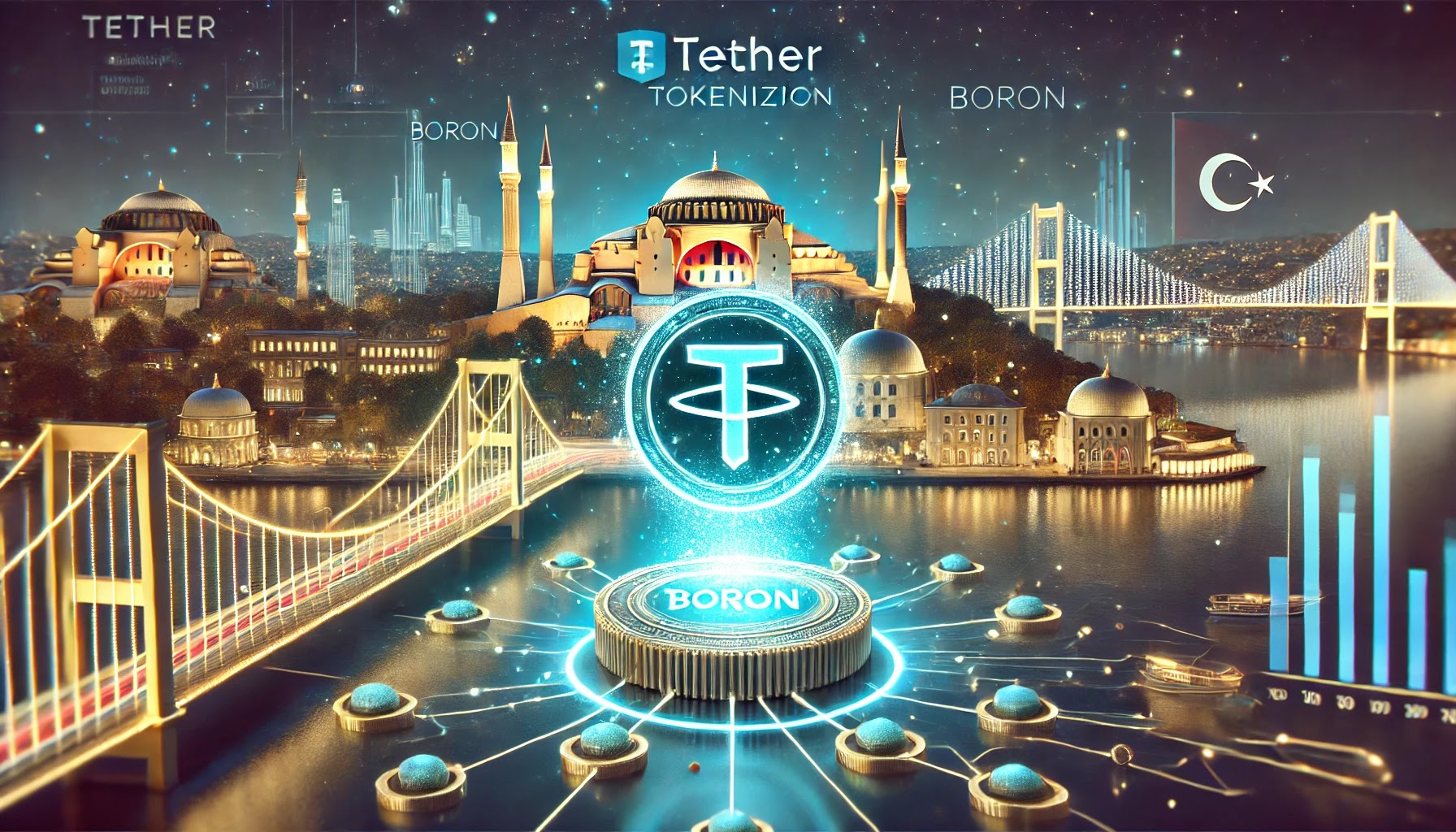Tether seeks to transform Turkey's boron market through digital asset tokenization
Highlights:
- Tether has proposed the tokenization of Turkey's boron industry using blockchain technology.
- The company's interest underscores Turkey's growing significance in the global crypto market.
- Beyond stablecoins, Tether aims to expand into commodity lending and various financial services.
Tether Holdings Ltd. is actively encouraging Turkey to adopt digital assets to revitalize its boron market. This initiative marks another effort by the crypto industry to tap into the commodity sector for growth.
Boron on the Blockchain: Tether’s Turkish Initiative
According to anonymous sources, Tether has submitted a proposal to the Turkish government for digitally tokenizing borate minerals using blockchain technology. The company is also exploring the establishment of a digital asset exchange in Istanbul, the nation's financial hub.
The proposed boron coin represents a burgeoning segment of tokenization, with advocates claiming it could modernize existing markets. Boron products find major applications in ceramics, detergents, fertilizers, and glass. Turkey, as the sole provider of over 70% of global boron reserves, is projected to generate about $1.3 billion in revenues in 2024, according to state-owned miner Eti Maden Isletmeleri Genel Mudurlugu.
Tether's focus on Turkey and its boron industry raises questions about the strategic benefits of this initiative. However, the economic landscape of Turkey makes it an attractive destination for digital asset companies.
Tether is not alone in its interest in Turkey’s crypto market. Recently, Turkish banking giant Garanti BBVA Kripto announced a partnership with Ripple Inc. and IBM to enhance crypto trading and custodial services for its clients.
High inflation and a weakening lira have driven crypto adoption in Turkey, with Chainalysis reporting nearly $137 billion in crypto inflows by June 2023, positioning Turkey among the most active crypto markets worldwide.
Despite Tether's exploratory moves, Turkish officials remain cautiously optimistic. One government representative noted that it is still early to implement the boron proposal, while another from the Energy Ministry mentioned that discussions are in the “preliminary” stage.
Tether’s Ardoino: Committed to Crypto Innovation in Turkey
Tether CEO Paolo Ardoino reiterated the company’s commitment to driving crypto innovation in Turkey and exploring avenues for future expansion. Tether collaborates with law enforcement in 45 countries, including the FBI and U.S. Secret Service, and claims to maintain a 104% over-collateralized reserve. Ardoino has also called for improved crypto legislation both in the U.S. and globally.
Locally, Tether's Expansion Manager, Anadolu Aydinli, has engaged with key stakeholders, including Eti Maden’s General Manager Yalcin Aydin, Vice President Cevdet Yilmaz, and Energy Minister Alparslan Bayraktar. However, responses from the Turkish Energy Ministry and the Presidency have been limited.
These developments highlight Turkey’s increasing relevance in the global cryptocurrency market and its potential to shape the future of digital assets within the country.
As part of the broader crypto ecosystem, Tether is seeking to expand its lending opportunities to commodity trading firms. This strategy aims to leverage profits from USDT operations to integrate hard assets with its payment systems.
USDT: The Future of Finance in Emerging Markets?
USDT, the world’s largest stablecoin issued by Tether, is pegged at a constant value of $1 to the U.S. dollar. It dominates the crypto ecosystem, with a circulating supply that has reached $120 billion, becoming a preferred option for traders looking to store value during volatile market conditions.
Beyond trading, Tether positions USDT as a cost-effective, rapid payment method, particularly in emerging markets. In regions where access to U.S. dollars is challenging, USDT provides a means to bypass traditional banking systems, offering a more efficient and less costly method for transferring value. This functionality is especially crucial in countries facing inflation, where stablecoins have proven to be reliable alternatives for transactions and savings.
By leveraging blockchain technology, Tether aims to extend USDT’s role as a viable alternative to banking services, particularly in areas with underdeveloped or ineffective financial infrastructure.

















0 Comments